Edge to AI: 4 Things You Shouldn’t Miss This Week

Presented by
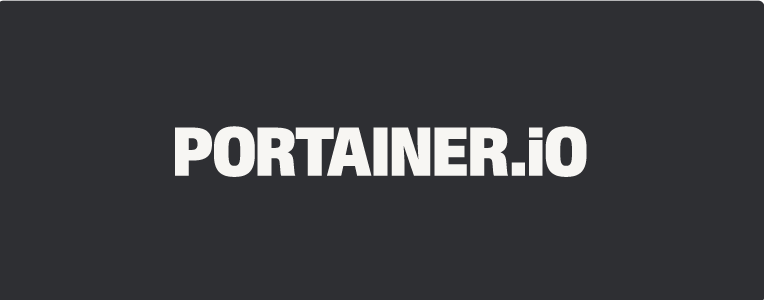
Happy September 2nd, makers and movers!
We’re coming to you one day later than usual this week — we hit pause yesterday to celebrate Labor Day here in the U.S. and reflect on the workers, innovators, and problem-solvers who keep our world moving. Whether you spent the long weekend resting, grilling, or getting caught up on projects, we hope you had a moment to recharge.
The tech and manufacturing world, of course, didn’t take the day off. From major updates in Kubernetes and Docker, to cutting-edge edge computing announcements, to AI tools making development even easier, this week’s headlines are packed with fresh opportunities to level up your workflows.
Grab your coffee — and maybe that last leftover burger — and let’s dive into this week’s four must-know stories. Back to our regular Monday schedule next week!
Litmus.io Will Soon Launch Edge Developer Edition
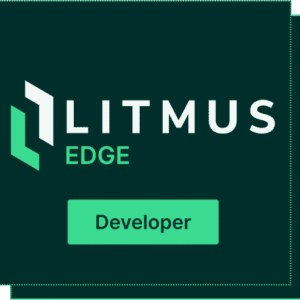
Last week, our very own Walker Reynolds announced to the community that the Litmus Edge Developer Edition is now available for exclusive early access — a full month before its public release.
This developer-focused edition of Litmus Edge gives you everything you need to experiment with industrial data connectivity, transformation, and edge analytics — perfect for prototyping Industry 4.0 solutions in real environments.
It’s available in five formats, so you can choose what works best for your setup:
-
ISO – for bare-metal installs
-
Raspberry Pi 4 image
-
Raspberry Pi 5 image
-
AMD64 Docker image
-
ARM64 Docker image
Why it matters: This is your chance to get hands-on with one of the top edge platforms in the market, before anyone else. Early access means you can start testing, prototyping, and sharing feedback directly with the community — and stay ahead of the curve in building Industry 4.0-ready solutions.
Anthropic Developing Web-Based Claude Code — A Browser-Powered Competitor to Codex
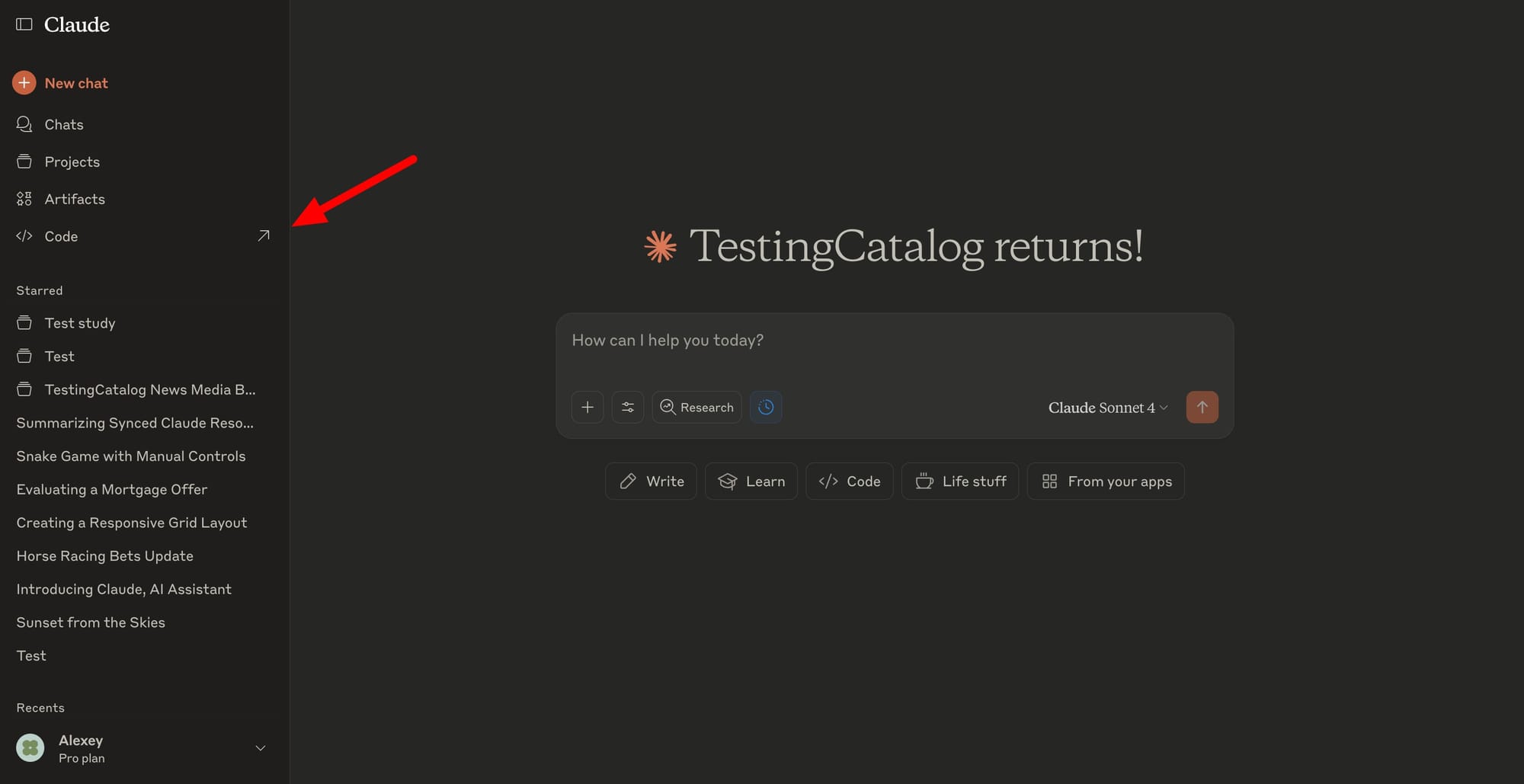
Anthropic is working on a web-based version of Claude Code, expanding beyond its current terminal and API functionality. This new platform, shared via a research preview, will offer developers a browser interface akin to OpenAI’s Codex, including seamless GitHub integration, sandboxed runtime environments, and task execution directly in the browser. Setup involves installing the GitHub Claude app and adding a GitHub workflow file (“Claude Dispatch”) to your repository to unlock the experience.
Kubernetes v1.34 Introduces Per-Container Restart Policies (Alpha Feature)
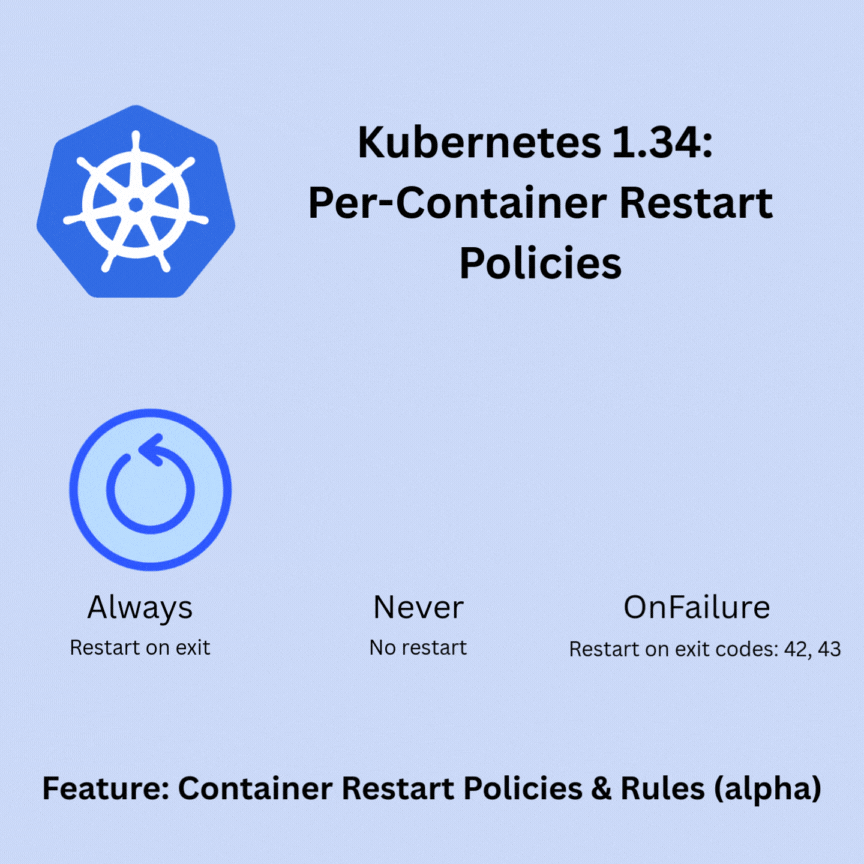
Kubernetes version 1.34, released on August 29, 2025, adds a welcomed alpha-level feature—per-container restart policy and restart rules—that enables fine-grained control over container behavior within Pods, bypassing the previous limitation of a single restart policy for the entire Pod.
What’s new:
-
You can now override Pod-level restart behaviors (Always, OnFailure, Never) individually for each container.
-
The update supports conditional restarts based on exit codes, via restartPolicyRules, allowing actions like “restart only if exit code = 42.”
-
This enhancement is gated and must be enabled via the ContainerRestartRules feature flag.
Sponsor Message
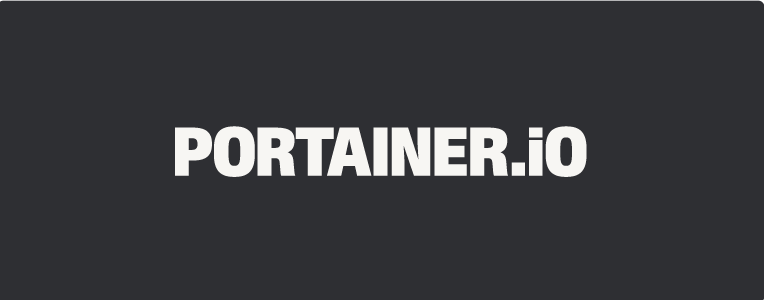
Modernize Your Factory Without the Downtime Drama
Deploying, updating, and upgrading software across OT and IT shouldn’t feel like gambling with production uptime.
Portainer makes it easy:
- Deploy anywhere in minutes — edge, cloud, or on-prem
- Push updates without breaking production
- Upgrade with confidence — risk mitigation built in
- Manage it all from one visual, intuitive control plane
No overcomplication. No unnecessary tools. Just the fastest path to reliable, scalable container management for manufacturing.
📘 Read the guide: You Don’t Modernize a Factory Overnight — a practical playbook for adopting Industry 4.0 at the edge.
🎥 Watch the video: How Portainer Works for Industry 4.0
🌐 Explore Portainer: https://www.portainer.io
Docker Desktop Moves to Bi-Weekly Updates (With Weekly on the 2025 Horizon)
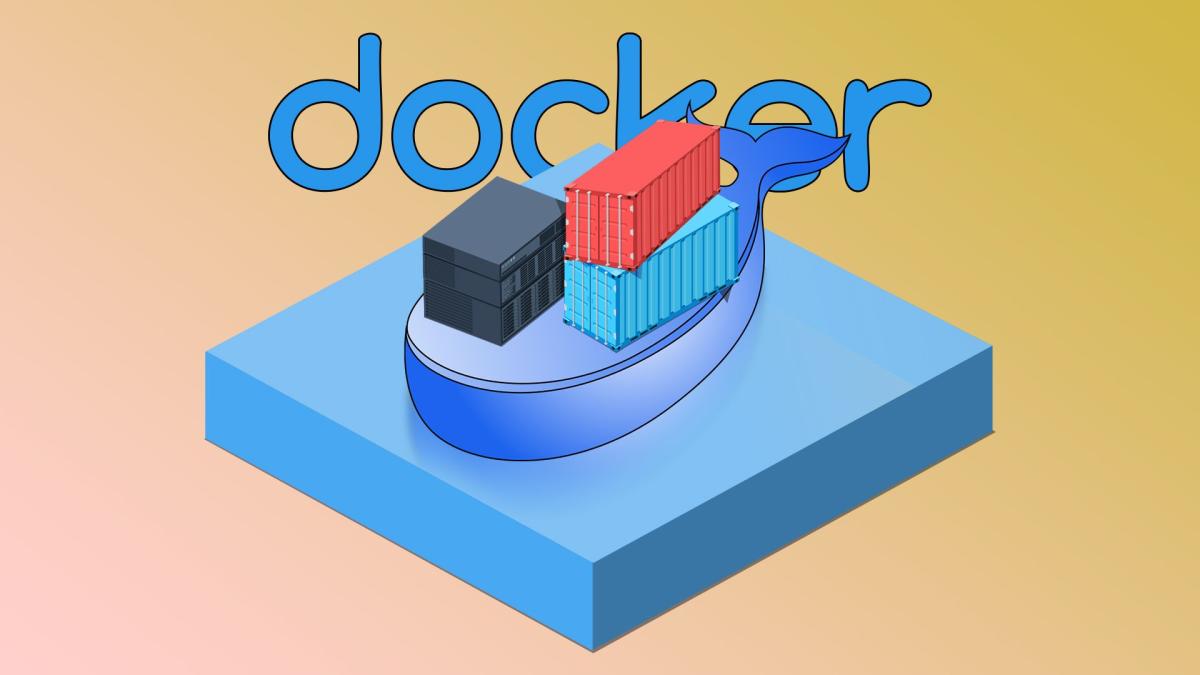
Docker has announced a significant shift in its release cadence for Docker Desktop, starting with version 4.45.0, released on August 28, 2025. The update cycle is moving from monthly to every two weeks, with a bold plan to transition to weekly releases by the end of 2025.
What’s changing:
-
Faster access to new features, bug fixes, and security patches.
-
Maintained quality via automated testing, community beta feedback (through Docker Captains), real‑time reliability monitoring, feature flags, and canary rollouts.
-
Upcoming enhancements:
-
Smarter component updates: Tools like Scout, Compose, Ask Gordon, and Model Runner will update silently in the background—minimizing interruptions.
-
Streamlined GUI updates: Dashboard updates apply when users close and reopen Docker Desktop.
-
Improved update flow: Simplified update process along with in-app release highlights for clarity.
-
Enterprise-friendly controls: IT admins still retain control—via options to disable in-app updates or manage policies through cloud admin consoles.
-
Learning Lens

Workshop: Build MCP-Ready REST APIs
This month, we’re hosting a hands-on workshop that will teach you how to build REST APIs that are fully MCP-ready — so you can start integrating data sources and services into your Model Context Protocol environment with confidence.
In this live session, you’ll learn how to:
-
Design and build REST endpoints specifically for MCP
-
Structure payloads and responses for MCP compatibility
-
Test and validate your APIs for seamless integration
📅 Date: September 29-30
💸 Early Bird Discount: 30% off when you register by September 10th
👉 Register now and save your seat before early bird pricing ends!
Why it matters: MCP is rapidly becoming the backbone for building connected, interoperable systems. Knowing how to create MCP-ready APIs will give you a powerful skill set to bring new data sources online faster and build future-proof architectures.
Byte-Sized Brilliance
The First Industrial Robot Had No Safety Fences
In 1961, General Motors installed Unimate, the world’s first industrial robot, on a New Jersey assembly line. It was a 4,000-pound robotic arm that worked right alongside humans — with no safety cages, no light curtains, and no emergency stops! Today, cobots (collaborative robots) are designed with advanced vision systems and safety sensors to work side-by-side with people safely.
We Value your Feedback.
Click on the link below to provide us with your thoughts.
|
|
|
|
|
|



Responses